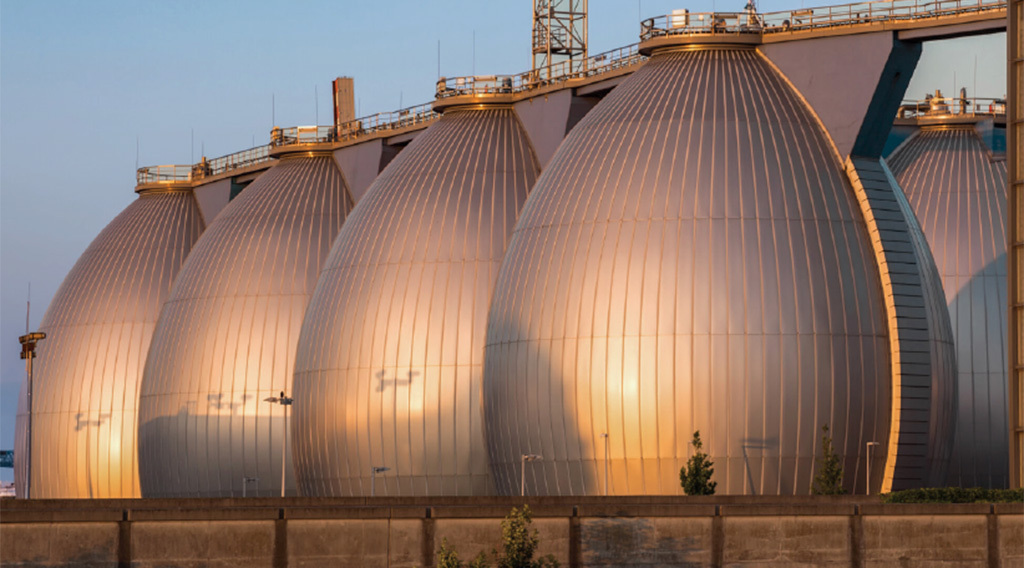Partnership on Waste and Energy Releases Policy and Regulatory Considerations to Develop Food Waste Digestion in Minnesota Report
March 4, 2021 | Katelyn Bocklund | Policy

The Partnership on Waste and Energy, a collaboration between Minnesota’s Hennepin, Ramsey, and Washington counties that addresses waste and energy management issues, just released the report, Policy and Regulatory Considerations to Develop Food Waste Digestion in Minnesota, which was authored by the Great Plains Institute (GPI).
Key takeaways from the report:
- Food waste digestion is underutilized across the US.
- Minnesota is behind other states in growing the market for the technology and in acknowledging the technology as a viable and preferred food waste management solution.
- More policy and regulatory action is needed to accelerate project development.
- Actions required are multifaceted—there is no silver bullet.
This report closely examines existing policies and regulations in Minnesota that support the anaerobic digestion of food waste and proposes several policy and regulatory considerations that could further grow the technology in the state. These considerations draw on insights gleaned from GPI-facilitated stakeholder meetings, interviews, and surveys that took place between 2018 and 2020, following the release of the GPI-authored Anaerobic Digestion Evaluation Study in 2018.
As explained in GPI’s 2018 report, anaerobic digestion is widely used in other parts of the world to process organic waste into biogas and digestate. With appropriate conditioning and upgrading, biogas can be used for heating, electricity, vehicle fuel, or as a natural gas substitute (renewable natural gas). Digestate can be used as compost.
While the technology is widely used elsewhere, there are significant policy and regulatory barriers preventing the technology from scaling in the US. The newly released report describes what those barriers are and identifies considerations that could help Minnesota become a leader in this technology if implemented.
Ramsey County Commissioner Victoria Reinhardt. chair of the Partnership on Waste and Energy, stated, “Our counties are working hard to keep food waste out of landfills, and we need processing capacity for recycling food waste into valuable products. This report underscores that Minnesota has slipped behind other states that have policies and incentives in place to support anaerobic digestion projects. It’s time for the state to take action to accelerate the development of food waste digestion and capture the renewable energy, landfill diversion and climate protection benefits that this technology would provide.”
The report discusses potential policy and regulatory changes that could be considered to support projects in Minnesota. These include new policies; changes to existing policies and programs; incentives, research and development, grants, and technical assistance; and changes to the regulatory process.
GPI and the Partnership on Waste and Energy will continue working together in 2021 to educate about food waste digestion and scale the technology in Minnesota.
The full report is available to read on the Partnership on Waste and Energy’s website.
This blog was originally published by Great Plains Institute, who facilitates the Bioeconomy Coalition of Minnesota.
